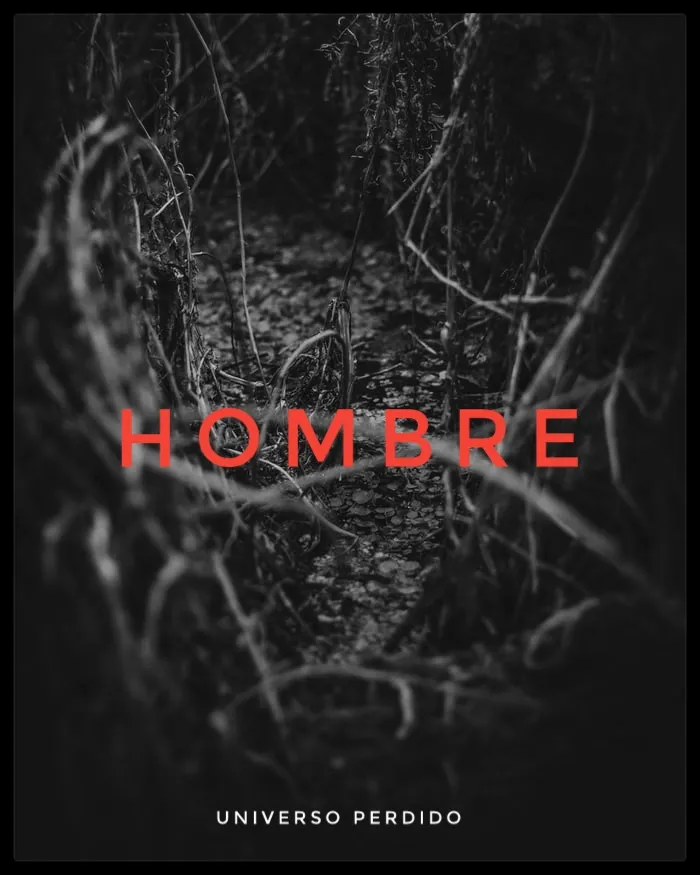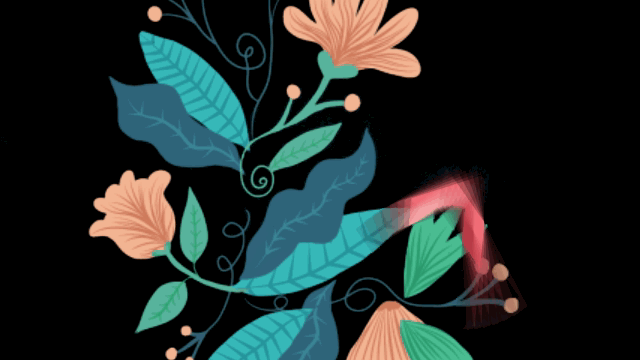
Fuente de la imagen
«El amor físico es un instinto natural, como el hambre y la sed; pero la permanencia del amor no es un instinto».
«Physical love is a natural instinct, like hunger and thirst; but the permanence of love is not an instinct».
— André Maurois

E S P A Ñ O L
HOMBRE
He tenido pacientes con transtornos muy extraños, anomalías indecibles y padecimientos que pondrían a un novato con la piel de gallina. He visto demencias tan distorsionadas que podrían parecer indescifrables, pero no para mí objetividad, pues he concluido a casi todas. Solo hubo una me pareció inteigante, la cual me causó tanto perturbación como gracia, debiéndose a una locura bastante imaginativa como absurda.
En todos mis años como terapeuta, jamás había conocido a alguien como Titus Campbell. Parecía una persona reservada, con una personalidad tanto animosa como afable. Titus hablaba de sus problemas como si se tratara de un chiste; un claro mecanismo para ocultar su inseguridad a una situación detestable.
Traté de anotar cada palabra y movimiento con cuidado y precisión. A Titus no le importaba pagar lo que fuera si lo sacaba de dicho problema. En su mente, todo era un cuento de hadas. El problema de Titus residía en su percepción, pues aseguraba que cada noche, se convertía en un ser mitad hombre y mitad reptil, capaz de vivir toda una noche en el bosque; alimentándose de insectos y otras pequeñas alimañas.
Cuando llegaba el día, Titus volvía a ser un hombre normal, abandonaba la naturaleza silvestre para darse una ducha en su casa e irse a su trabajo. Su caso era muy interesante, me tomó mucho tiempo sobre analizarlo de tal manera, que no hice mucho uso de mi perspectiva científica.
La personalidad de Titus era de una persona pasivo-agresiva. Se expresaba bien y de manera muy cordial. Usaba cierto tono sarcástico cuando se refería a su situación, con cierto aire de negatividad y una extraña afición por usar muchas palabras con la letra «S». Estudiar a fondo a mi viejo paciente, al principio, me causaba una distensión en mi objetividad analítica, pero posteriormente, he logrado concretar una forma para concluir su estado de evidente trastorno.
Puede que para muchos terapeutas de mi calibre, el caso de Titus no resultaba algo especial, sin embargo yo lo veía diferente, no solo usaba mi ojo científico, pues había algo más en Titus que una imaginación trastornada. En él veía las teorías de Freud, de Darwin, incluso las de Jung y Foucault haciendo distinción. En su mirada vi al hombre primitivo conviviendo en nuestra realidad junto al hombre moderno; un arquetipo antiguo haciendo gala desapercibida en nuestra era.
Creí que en todos mis años de terapeuta jamás vería algo igual, pues el interior del hombre no sobresalía tal y como lo hace el monstruo en el cuerpo de Titus. Y ya que era imposible vencerlo usando la lógica y la racionalidad, decidí usar su mundo de fantasía.
De acuerdo a mis indicaciones, Titus compró un gran espejo. Le dije que se parara frente a él cuando llegara la noche; que es cuando se convertía en el monstruo. Tomó una botella de vidrio verde, la partió por la mitad y se amenazó así mismo frente al espejo.
Antes de que ocurriera su dichosa transformación, apuñaló el espejo dejándolo completamente fisurado. Titus sintió que se liberaba mientras tocaba su rostro con alegría. Después de esa noche no volvió a transformarse.
El caso de Titus fue el primero que me tocó tratar. Era un hombre que padecía de «El complejo del hombre lobo». No era común ver estos casos sin estar bajo los efectos de un narcótico potente. Le dije al paciente que hiciese lo que hizo, por dos razones: La primera, es que teniendo este complejo, era fácil detenerlo con una debilidad; como las balas de plata a los hombres lobo o las estacas de madera en el corazón de los vampiros.
Y la segunda razón, que terminaría completamente con el extraño padecimiento de Titus, era que permitiría matar de manera trágica y poética la vida del monstruo primitivo para siempre. Una lástima pues, tenía muchas ganas de seguir estudiando esta complejidad, hubiera sido una gran secuela para mi próximo libro.
FIN
E N G L I S H
MEN
I have had patients with very strange disorders, unspeakable anomalies and ailments that would give a novice goose bumps. I have seen dementias so distorted that they would seem indecipherable, but not to my objectivity, for I have concluded almost all of them. There was only one that struck me as inteigent, which caused me both disturbance and amusement, being due to a madness that was as imaginative as it was absurd.
In all my years as a therapist, I had never met anyone like Titus Campbell. He seemed a reserved person, with a personality that was both spirited and affable. Titus talked about his problems as if it were a joke; a clear mechanism to hide his insecurity to an obnoxious situation.
I tried to note every word and movement carefully and accurately. Titus didn't mind paying whatever it took to get him out of such a problem. In his mind, it was all a fairy tale. Titus' problem lay in his perception, for he claimed that every night, he turned into a half-man, half-reptile being, capable of living a whole night in the forest; feeding on insects and other small vermin.
When the day came, Titus returned to being a normal man, leaving the wild nature to take a shower at home and go to work. His case was very interesting, and it took me a long time to analyze it in such a way that I did not make much use of my scientific perspective.
Titus' personality was that of a passive-aggressive person. He expressed himself well and in a very cordial manner. He used a certain sarcastic tone when referring to his situation, with a certain air of negativity and an odd penchant for using a lot of "S" words. Studying my old patient in depth, at first, caused me a strain on my analytical objectivity, but subsequently, I have been able to concretize a way to conclude his obviously disturbed state.
Perhaps for many therapists of my caliber, Titus' case was nothing special, but I saw him differently, I did not just use my scientific eye, for there was more to Titus than a disturbed imagination. In him I saw the theories of Freud, of Darwin, even those of Jung and Foucault making a distinction. In his gaze I saw primitive man coexisting in our reality alongside modern man; an ancient archetype making a show of itself unnoticed in our era.
I thought that in all my years as a therapist I would never see anything like it, for the inner man did not stand out as the monster does in Titus' body. And since it was impossible to defeat him using logic and rationality, I decided to use his fantasy world.
According to my directions, Titus bought a large mirror. I told him to stand in front of it when night came; that's when he became the monster. He took a green glass bottle, broke it in half and threatened himself in front of the mirror.
Before his blissful transformation occurred, he stabbed the mirror, leaving it completely cracked. Titus felt himself free as he touched his face with joy. After that night he never transformed again.
Titus' case was the first one I had to deal with. He was a man suffering from "The Werewolf Complex". It was unusual to see such cases without being under the effects of a powerful narcotic. I told the patient to do what he did, for two reasons: The first, is that having this complex, it was easy to stop it with a weakness; like silver bullets to werewolves or wooden stakes in the heart of vampires.
And the second reason, which would completely end Titus' strange ailment, was that it would make it possible to tragically and poetically kill the primitive monster's life forever. A pity because I was really looking forward to continue studying this complexity, it would have been a great sequel for my next book.
THE END

Escrito por @universoperdido. 18 de Septiembre del 2021.
Written by @universoperdido. September 18, 2021.

Relatos anteriores | Previous stories
 | |
|---|---|
 | |
 |


¿Eres escritor? ¿No encuentras un lugar adecuado para colocar tus trabajos literarios? Unete a Literatos, una comunidad en Hive donde puedes publicar tus cuentos, poemas, ensayos literarios y novelas inéditos de tu propia autoría.

